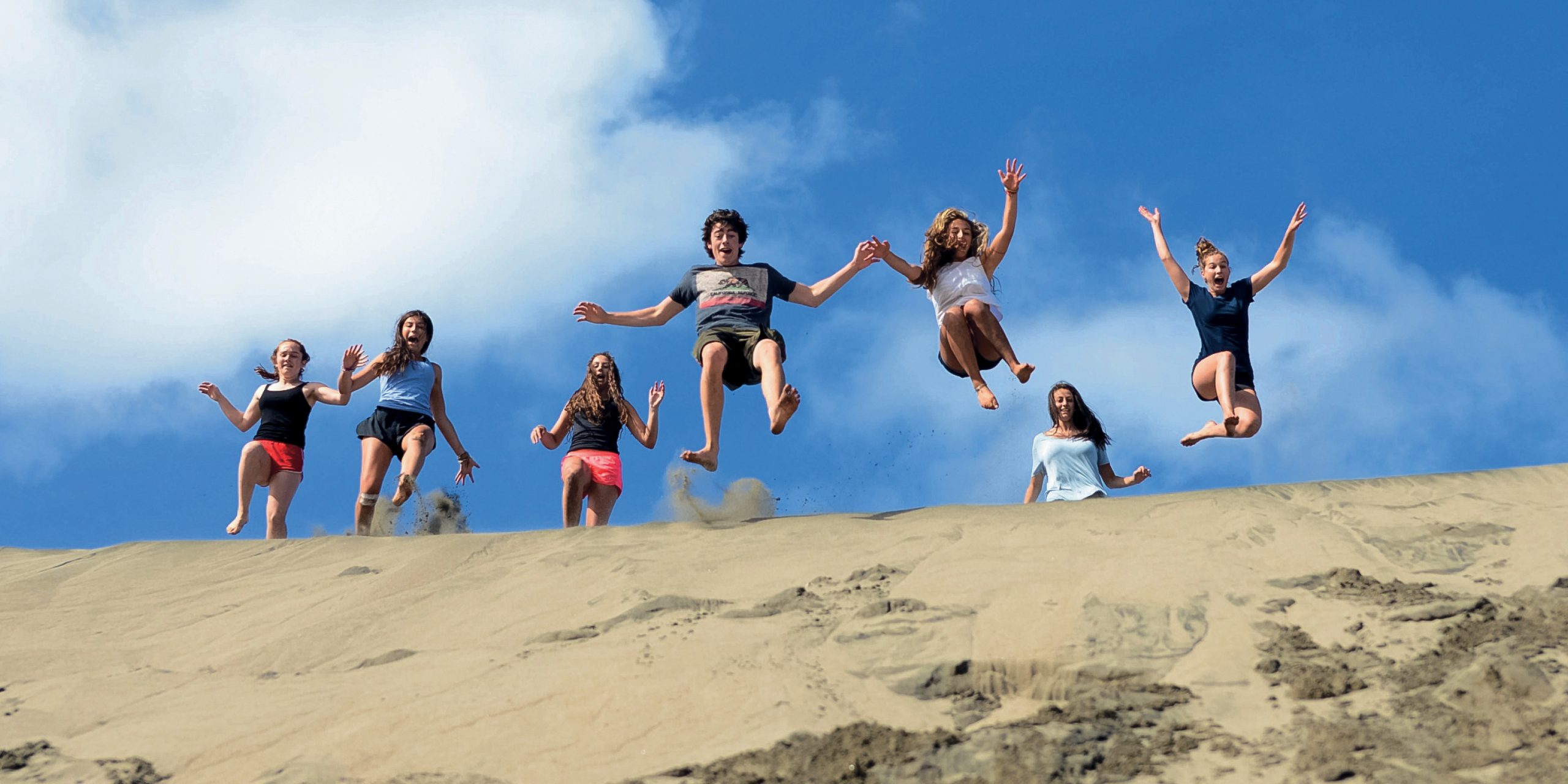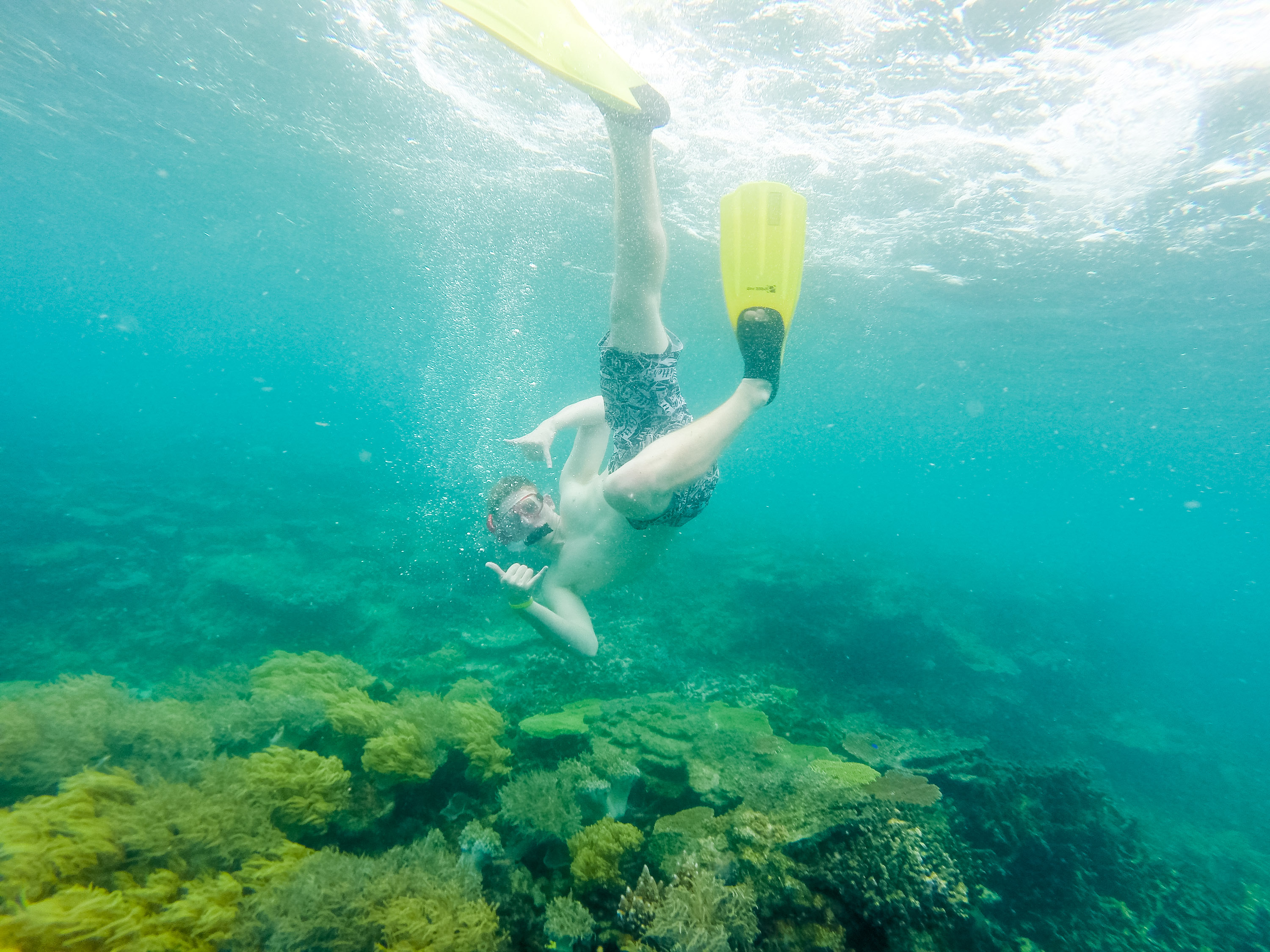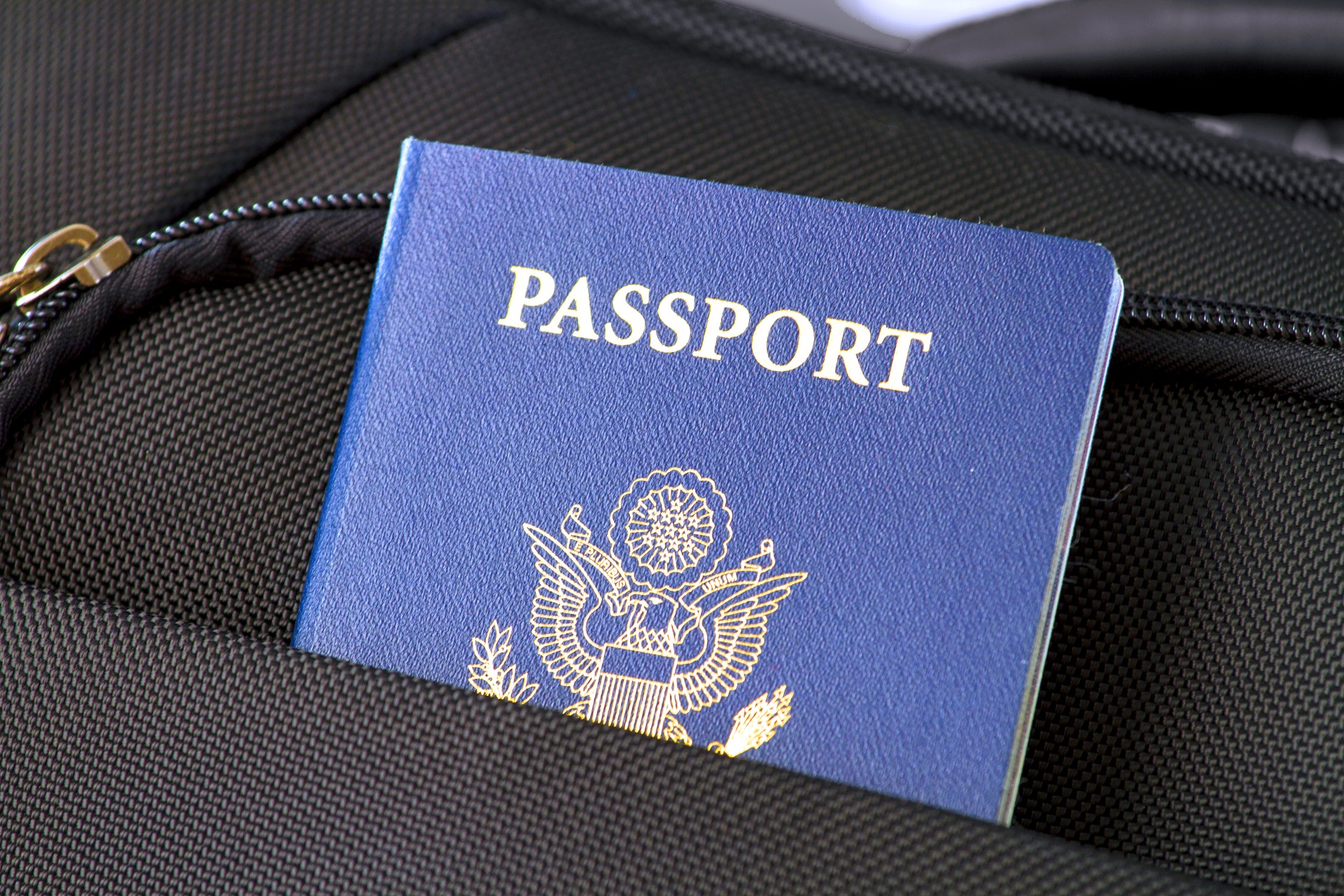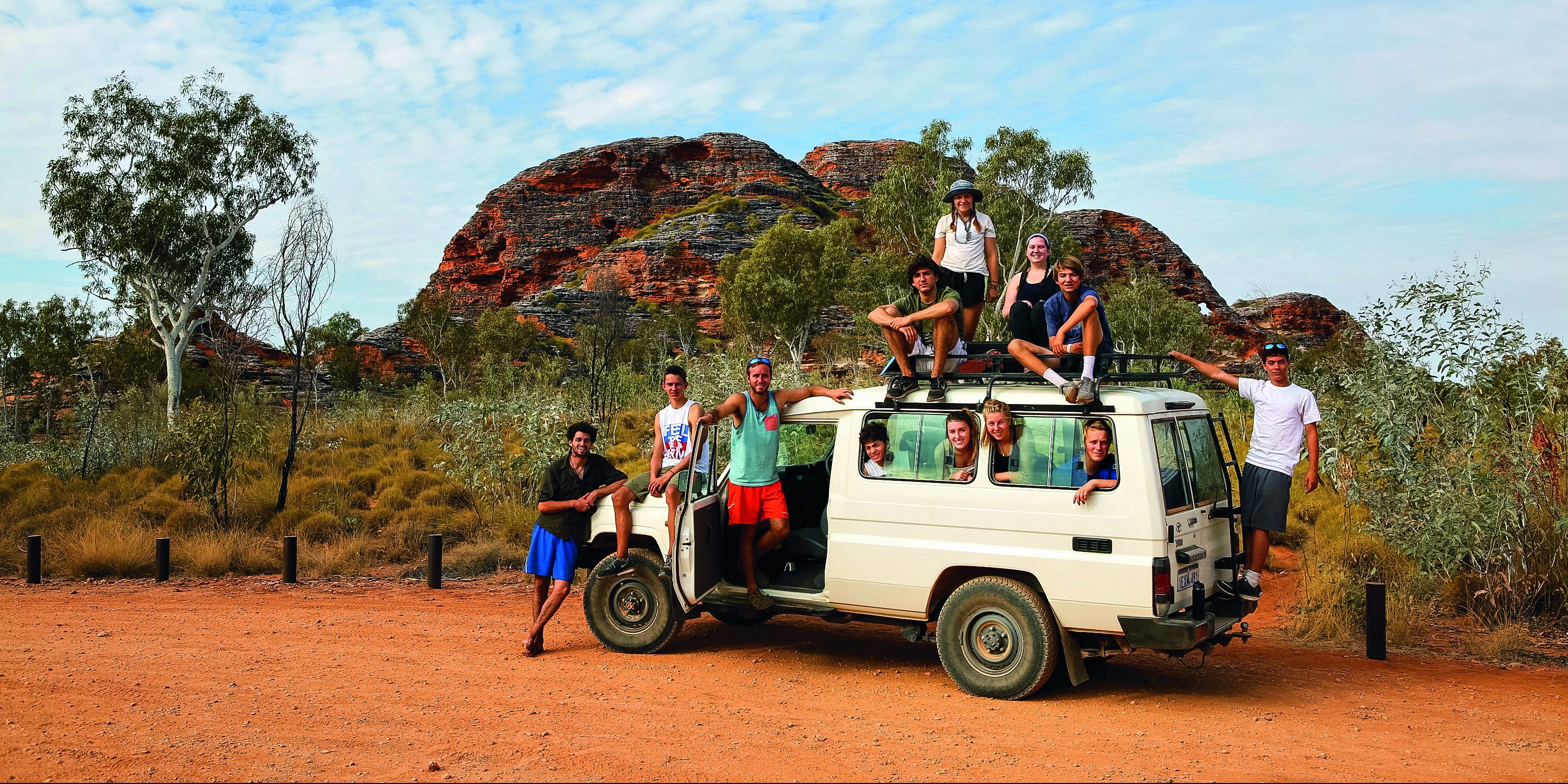
35 Essential Life Skills For Teens To Master By Age 18

18 New Travel Trends in 2025

How to Get a U.S. Passport in 2 Weeks or Less in 2025

The Definitive Parent Guide to Teen Travel

Where can't Americans travel?
"I looked around and took in every detail. Some were struggling to use a chopstick, food was being switched around so people could try everything, and laughter was everywhere. I thought to myself, how lucky am I to be here, right now, in this moment? I felt such inner content and joy, it was hard to believe that I was ever anxious about being there."
While the data on students taking a Gap year is sparse, one thing is clear—more students are choosing to take a Gap experience, and the number grows every year. It allows students to explore their options and find their focus before committing to four years of university, setting them up for success. Students can tell…
With summer programs quickly approaching, anxiety about putting your child on a plane by themself might be building up. Did I make the right decision? Am I crazy sending my child to the other side of the world with complete strangers? Will my child be in good hands? We recently wrote to some parents of…
Alex Biddle, a Rustic Pathways program manager in the Dominican Republic, uses her Spanish on a daily basis. While she manages service projects and oversees adventure programs, she frequently has to think on her feet and switch between two languages. Alex hasn’t always spoken Spanish, though. She began to learn the language during a ten-month…
Dear Students, We are going to ask you not to use your cell phones on your Rustic Pathways program. Before anyone panics, we want to explain our reasoning and hope you will commit to going phone-free while traveling with us. Every minute you are on your phone—texting home, sending Snaps, choosing an Instagram filter—is a…
Even though summer trips don’t depart for another 200 days or so, it isn’t too early to get excited and start collecting the things you’ll need for your program, especially with the holidays around the corner. Travelers, show this list to relatives and friends who are looking for birthday or holiday gift ideas. This is…